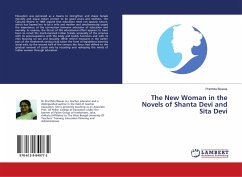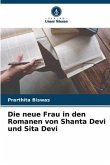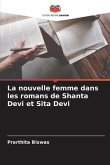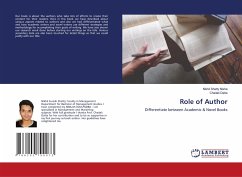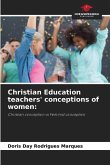Education was perceived as a means to strengthen and shape female morality and equip Indian women to be good wives and mothers, The Calcutta Review in 1864 argued that education need not oppose nature, which has framed her to be a wife and mother and simultaneously urged the importance of the connection between extension of education and morality. In essence, the thrust of this educational effort appears to have been to recast the much-manned Indian female sensuality of the zenanas with its preoccupations with the body and bodily functions and with its rites focusing on sex and sexuality. While reform measures in the earlier part of the nineteenth century had taken the form of legislations banning social evils, by the second half of the century the focus had shifted to the gradual removal of social evils by recasting and reshaping the minds of Indian women through education.
Bitte wählen Sie Ihr Anliegen aus.
Rechnungen
Retourenschein anfordern
Bestellstatus
Storno

